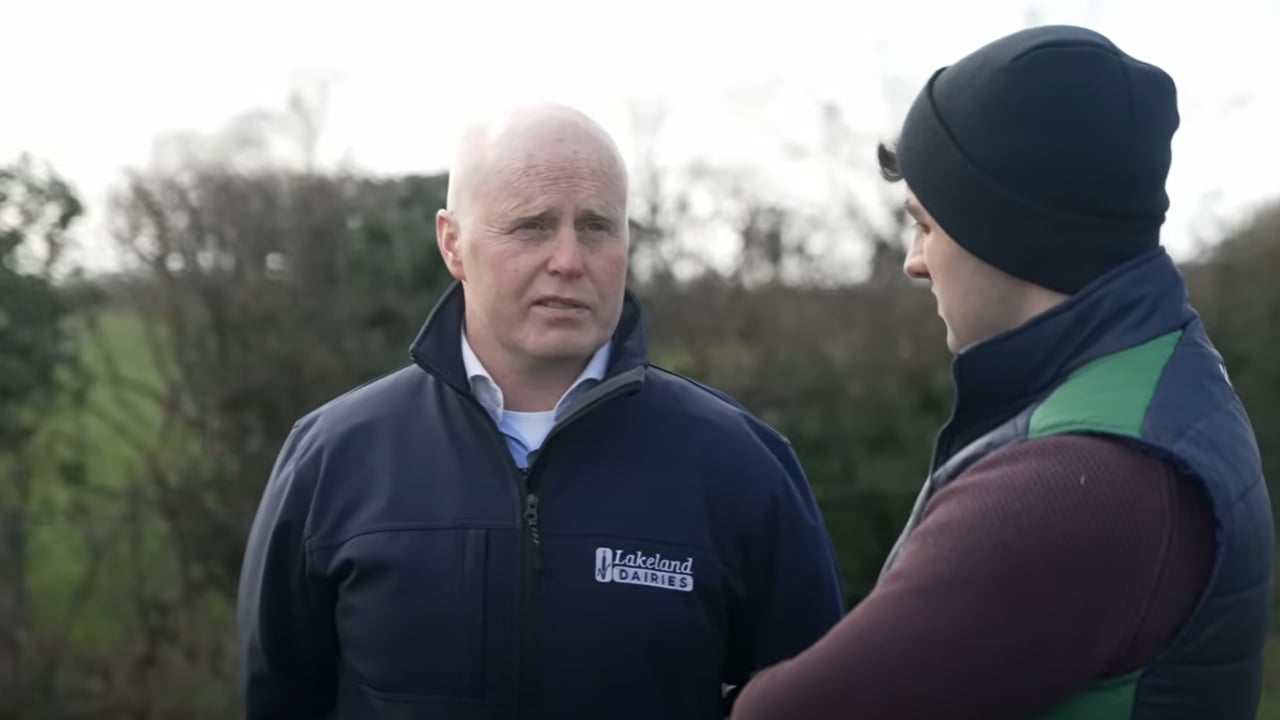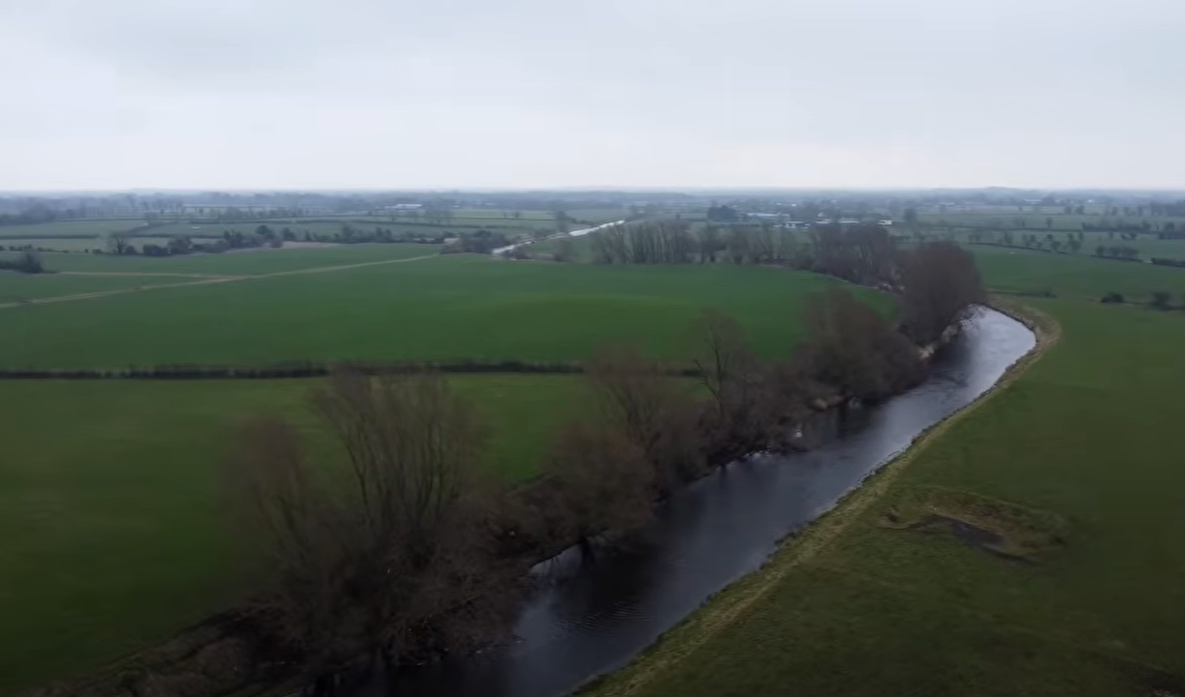Farming for the Future Series


Data from the Environmental Protection Agency (EPA) suggests that nitrogen (N) concentrations in waters nationally reduced in the first half of 2024 relative to other years, and that they are at the lowest they have been since 2016.
There is no doubt that there has been a shift in momentum to improve water quality across the country with farmers slowly getting to grips on how they can improve things on their own farm.
2025 is deadline year where Ireland will have to make their case to European powers to retain or get a renewal of the nitrates derogation.
The renewal or retention of this derogation will be analysed based on improvements in water quality and the level of nitrates in water and will either result in a renewal of some description or an abolishment of the derogation commencing on January 1, 2026.
Mathews said: "all industry players have rowed in behind the effort, everyone is on board to put in a huge effort that we can retain a new derogation".
The Lakeland Dairies chair said that roughly 40% of their suppliers in the south of the country are in derogation, which equates to about 800 farmers and accounts for about 70% of their milk pool.
It was understood that farmers need answers as there are those questioning whether they can invest in their business, put in extra slurry storage, or put up a new cubicle shed when they might have to cut back in stock in 2026.

Mathews said: "farming is a business and every business needs stability to be able to plan ahead"
He also said that "people need a certain amount of certainty" in order to progress their business and make a viable living.
In order to have this certainty and have the capacity to plan ahead and invest, a derogation for four years is important, according to the Lakeland Dairies chair.
Lakeland Dairies ran two very successful water quality events in 2024, in Granard and Moynalty, which saw a great level of engagement from farmers and showed how the momentum is moving in the right direction.
Mathews added: "It's important that everyone gets involved. If 90% of farmers do all the right things and there is 10% not - that's a problem and it affects everyone."

The episode was hosted on Eoin Corrigan's farm where the farmer was certainly doing his bit by implementing buffer zones, fencing away from the river Boyne running through his land, had adequate storage, had effective effluent run-off channels, soil testing, and is utilising a nutrient management plan.
However, no matter how much good work Eoin undertakes on his farm, it can easily be undercut by the next farmer, as it is going to take an altogether approach to improve water quality.
The Farming for Water European Innovative Partnership (EIP) €60 million funding for farmers to implement measures to improve water quality had a slow uptake at first.
However, Mathews said: "as I understand, the momentum is building and I think we've nearly 300 people signed up and involved."
Some of the most popular measures and payments rates that farmers can avail of are as follows:
| Measure No. | Measure name | Minimum | Maximum | Unit | Payment rate |
|---|---|---|---|---|---|
| 1 | Rainwater Mgmt. plan | 1 | 1 | /plan | €250 |
| 3 | Nutrient Mgmt. plan | 1 | 1 | /plan | €400 |
| 5 | Multispecie swards | 0.5ha | 10ha | /ha | €300 |
| 13B | Hedgerow establishment without earthen mound | 10m | 250m | /m | €21.17 |
| 27A | Gateway improvements | 1 | 4 | /unit | €360 |
| 42 | Farmyard bucket & brush | 1 | 1 | 50% of cost to max of €2,000 | Max funding €2,000 |
| 43 | Slurry testing | 1 | 4 | /farmer | €70 |
There are 60 different measures that farmers can implement and get funded to do so which not only improves the farm environmentally, but improves the efficiency and working environment of the farm.
Mathews believes the funding will get used up which is a positive and said that one of the most popular measures is the nutrient management plan.
"The nutrient management plan creates more awareness on individual farms on their nitrogen (N) and phosphorus (P) quotas and more awareness around nutrient planning and nutrient surpluses," Mathews added.
Mathews highlighted that environmental actions tend to be the most sustainable financially, and the two don't have to be different things.
Breeding for better solids, fertility and health often leads to producing milk with a lower carbon footprint, and Mathews said that they're generally, the most profitable farms as well.
The Lakeland Dairies chair said that in terms of retaining the derogation, his co-op "are leaving no stone unturned, we'll be going at it at every possible level, engaging at political level, locally, nationally, and at EU level."